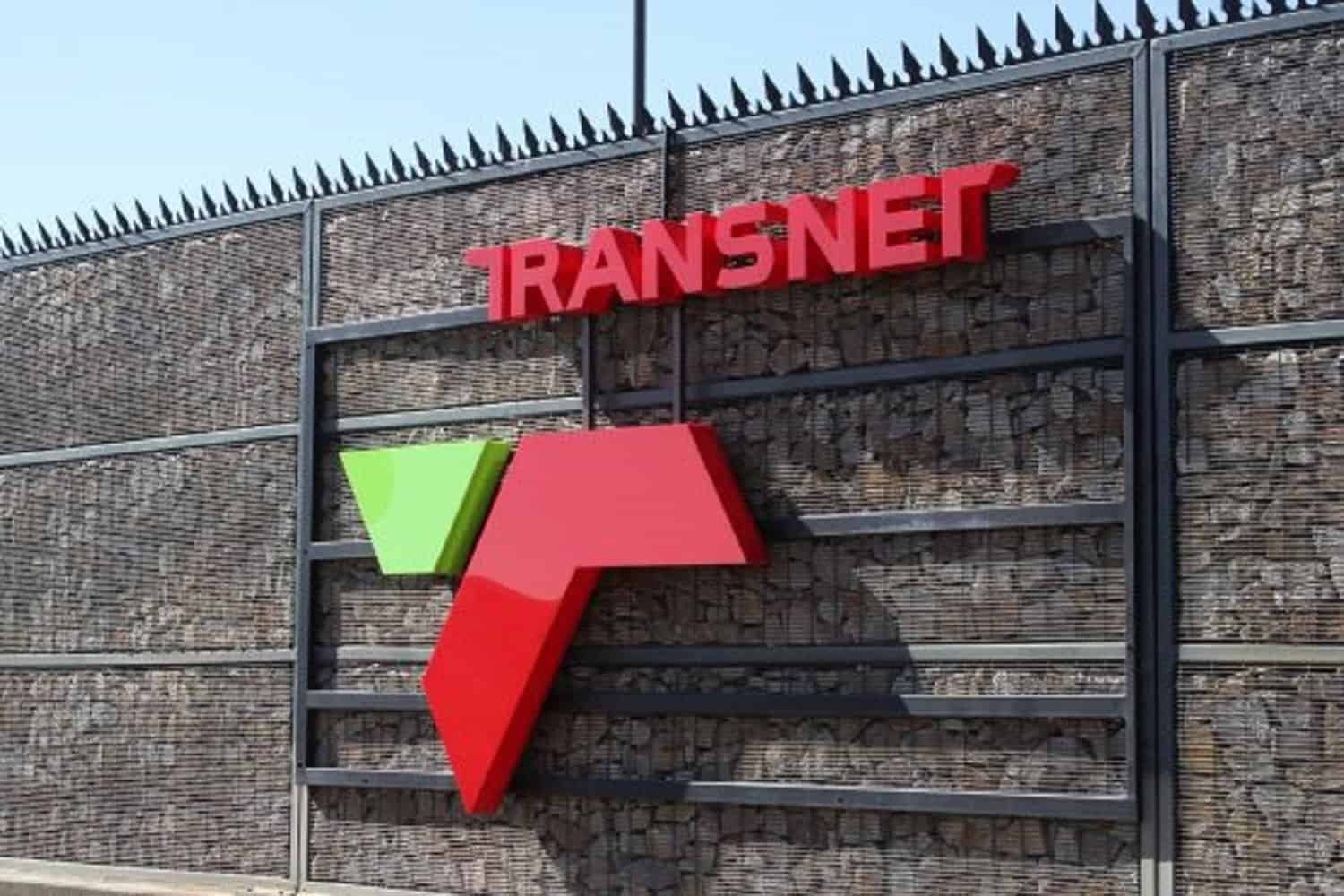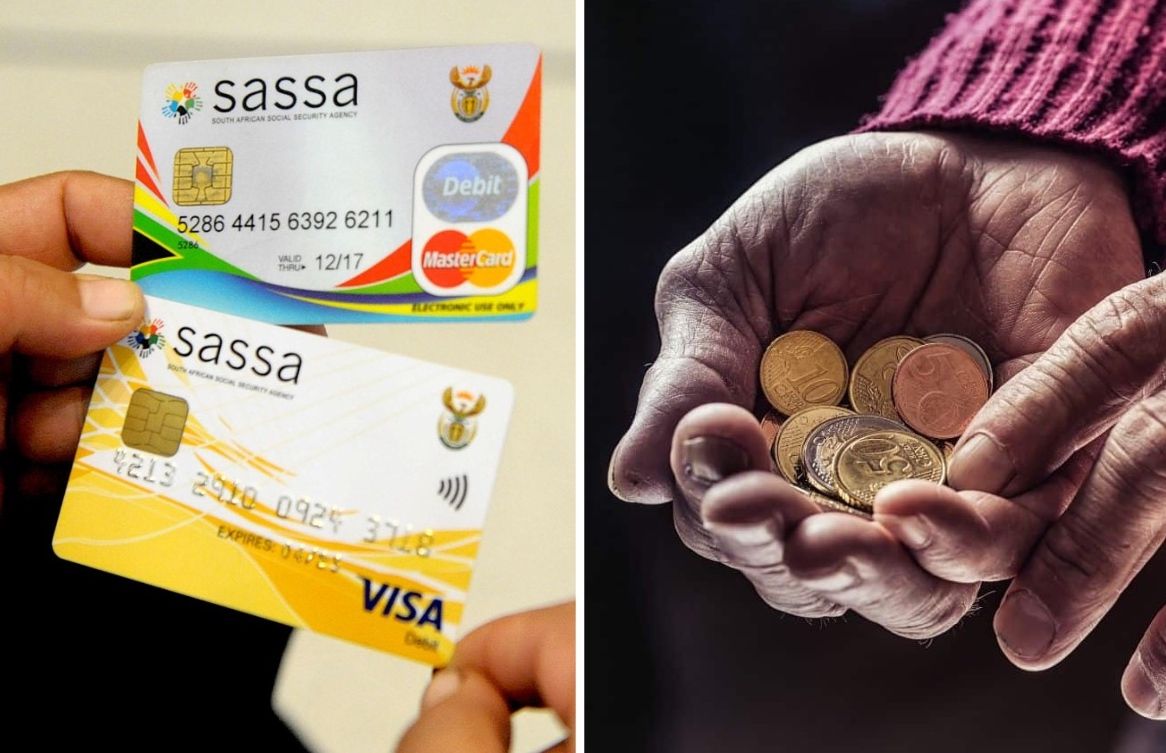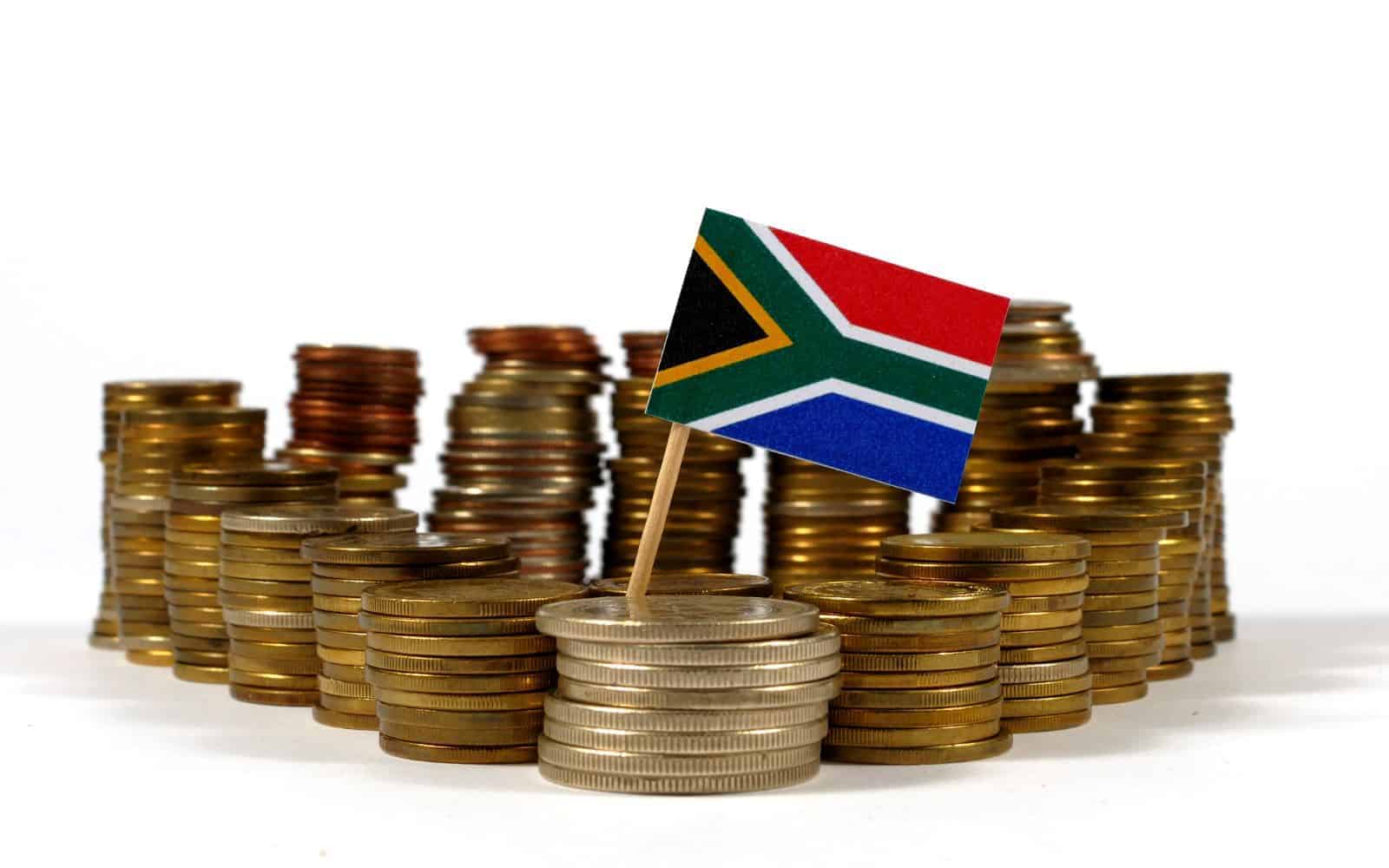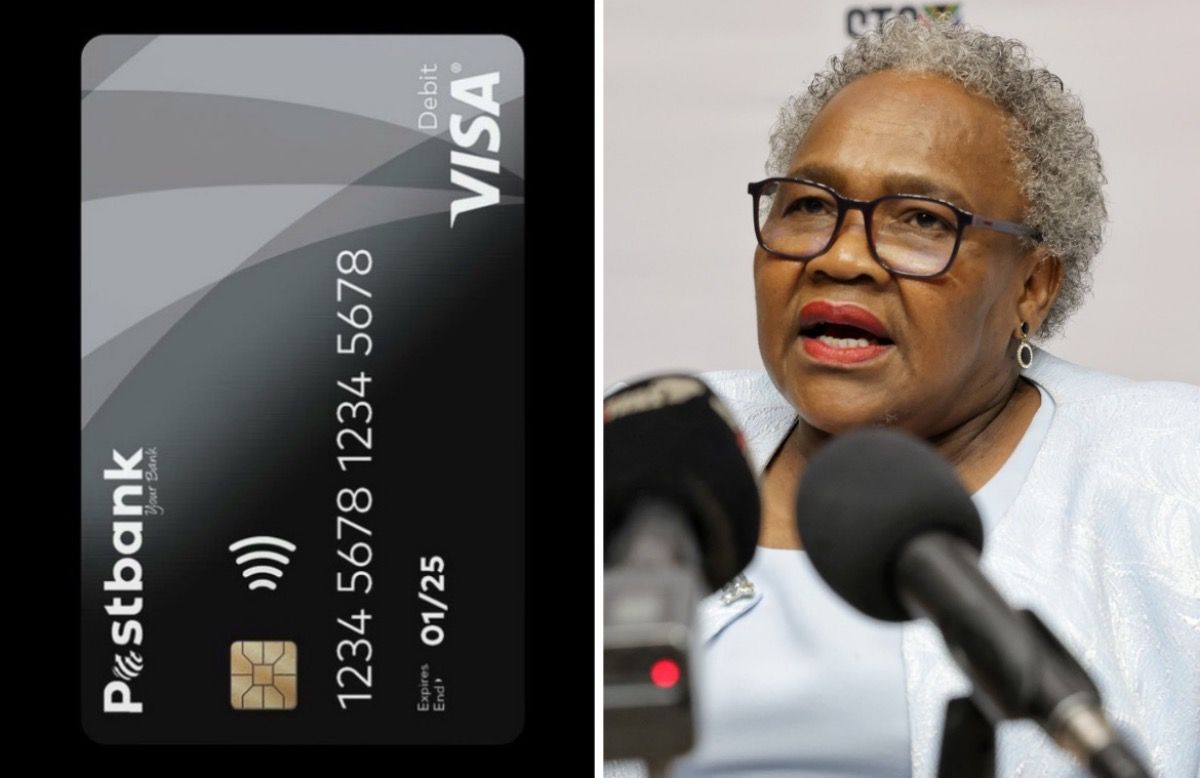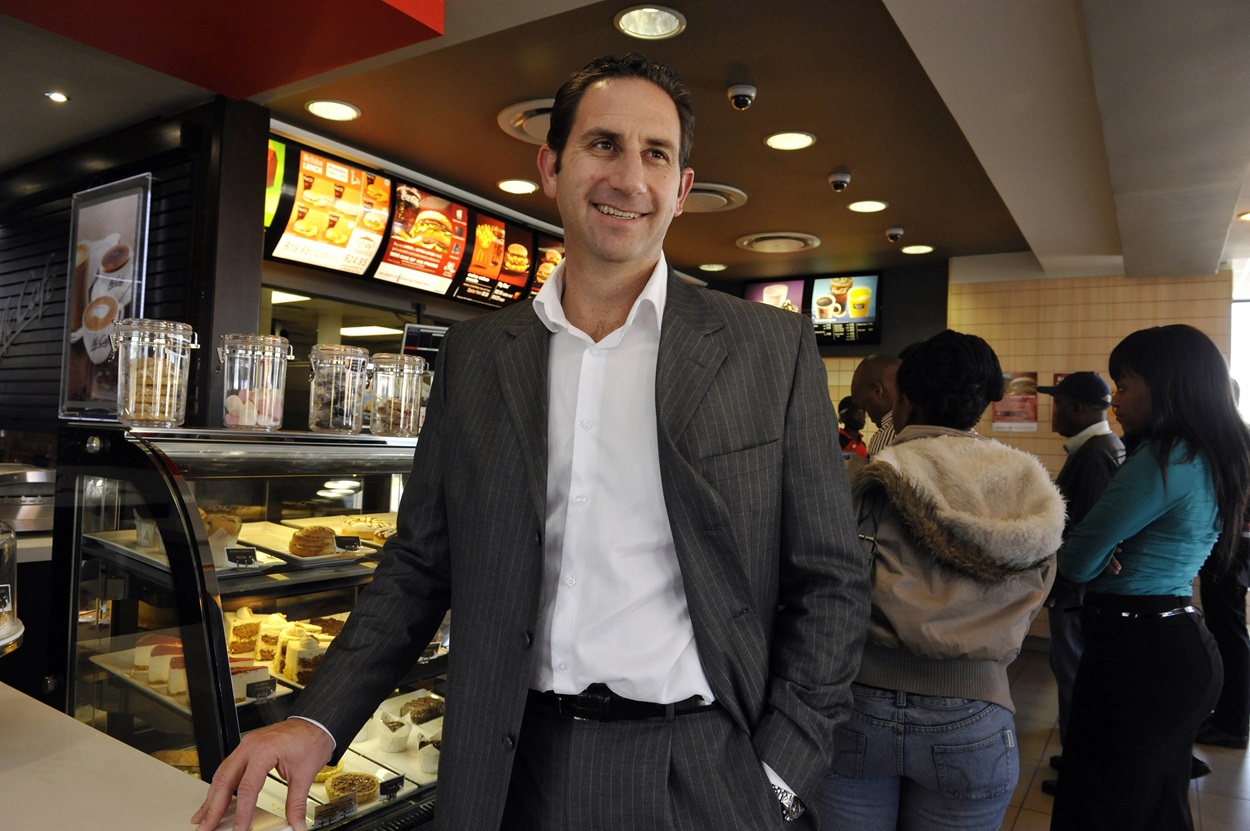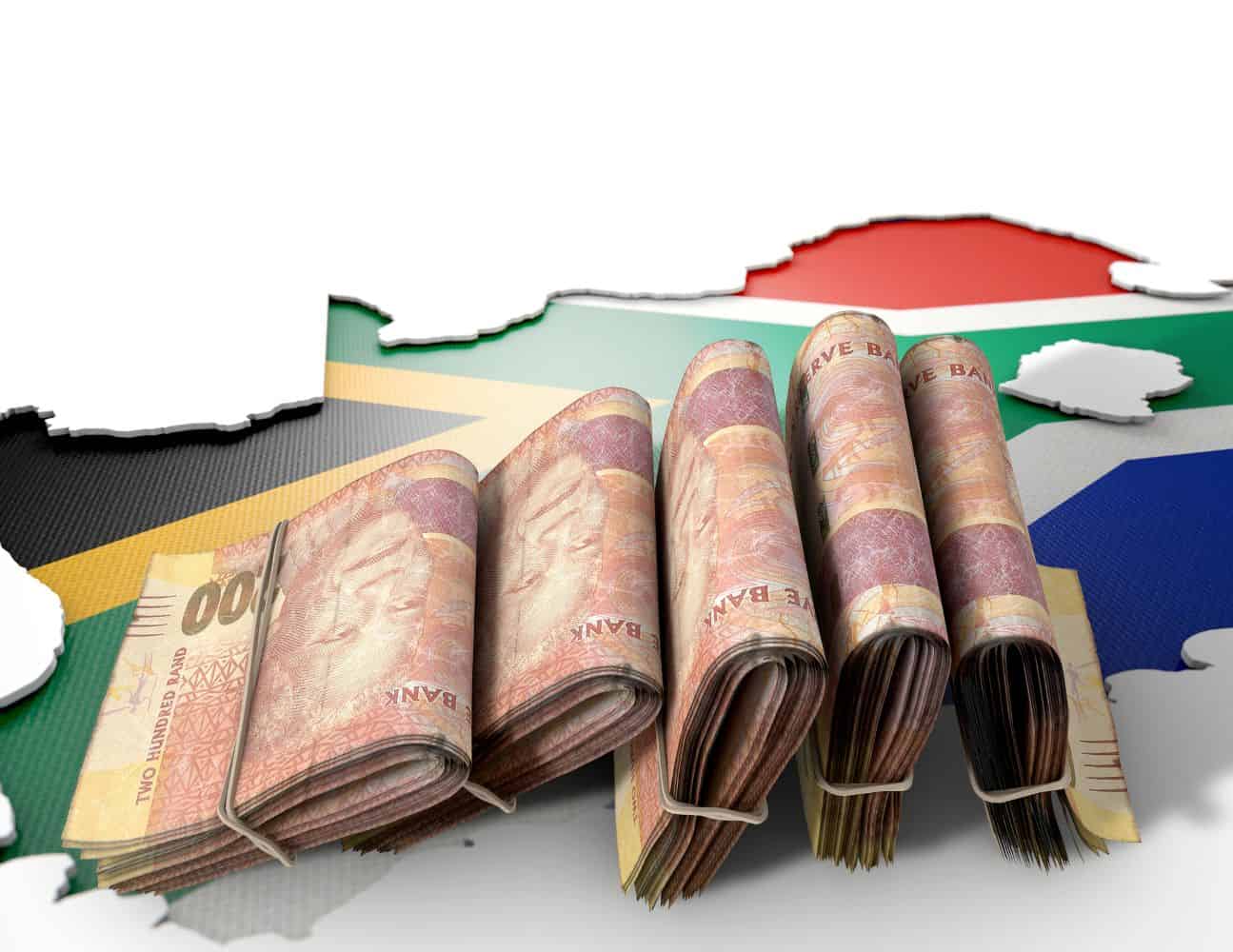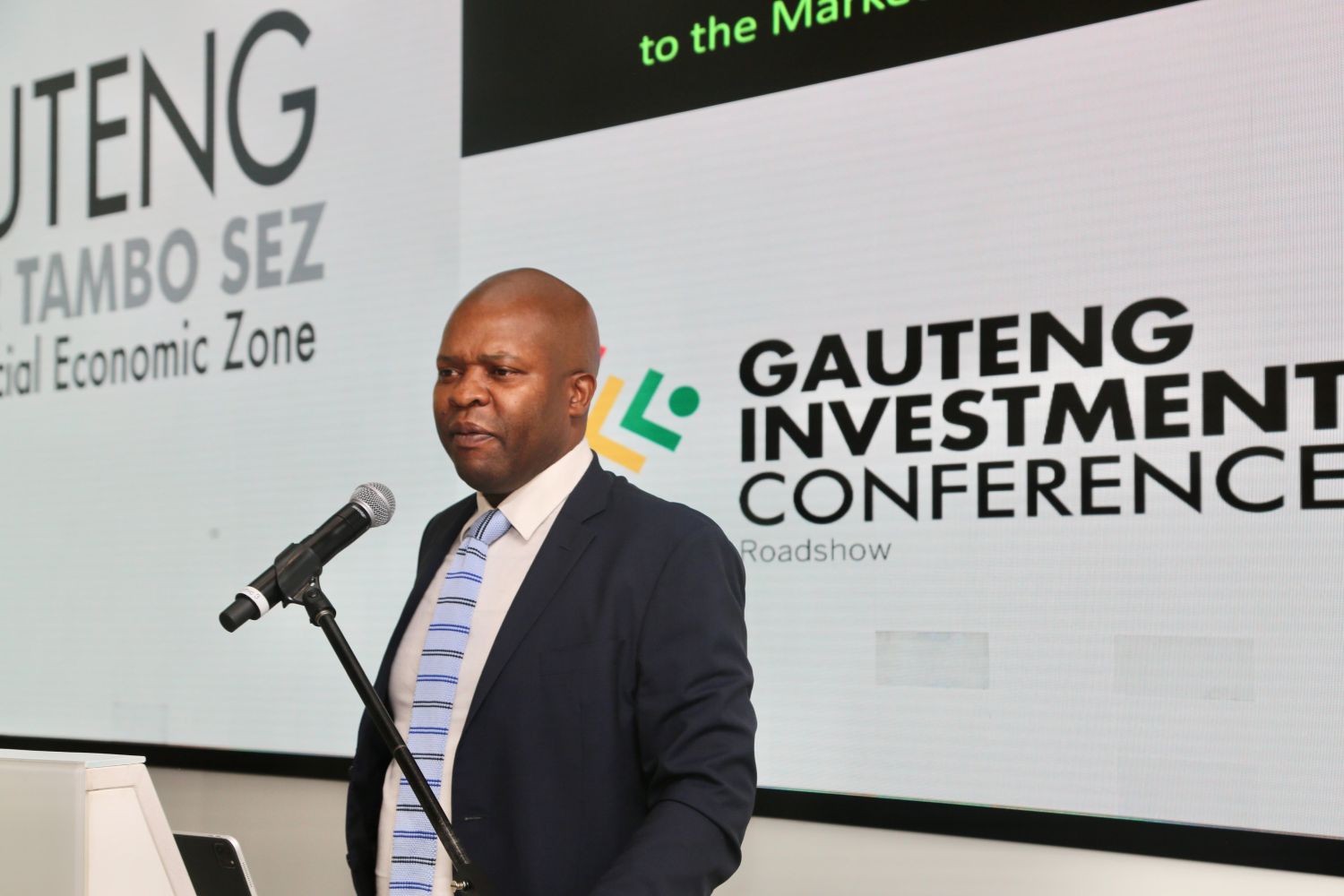The Transnet Network Statement contains important information for train operating companies that want to use the rail system.
Business for South Africa has welcomed the release of Transnet’s Network Statement, published by the Transnet Infrastructure Rail Manager, which will also be gazetted soon by the minister of transport.
Ian Bird, senior executive for the transport and logistics focal area of Business for South Africa (B4SA), says this is an exciting and significant milestone in the journey towards meaningful rail sector reform in South Africa.
The Network Statement contains information such as the rules, time limits, timelines, procedures, charging principles, requirements, specifications, and terms and conditions governing the granting and the use of Access to the Network by train operating companies. It also sets out the network services and occurrence management services the Infrastructure Manager will provide.
It contains information regarding the extent and operation of the network, including the corridors that make up the network, and the interfaces with other rail infrastructure owners and relevant stakeholders.
Bird says the release of the Network Statement reflects the significant work of the Interim Rail Economic Regulator Capacity (IRERC), Operation Vulindlela, and the Department of Transport and Transnet in implementing South Africa’s long overdue rail policy.
The policy underpins the Freight Logistics Roadmap (FLR) approved by Cabinet in December 2023. Bird says B4SA remains fully committed to the FLR as a cornerstone of the country’s broader reform agenda within South Africa’s supply chain.
ALSO READ: New Transnet CEO confident on meeting recovery plan targets
Transnet Network Statement pivotal step in unlocking rail potential
“The Network Statement represents a pivotal step in unlocking the potential of South Africa’s rail network through third-party access, which is one of several ways identified to bring private sector participation into the system.
“Other options, such as concessions, allow private operators to manage sections of the network and may involve different cost structures for logistics users.”
The Network Statement includes more than just tariff structures but also addresses vital technical and operational considerations, he says, adding that the modelled tariff structure reflects a balance between stakeholder demands and Transnet’s initial proposals.
“A lot of work clearly went into the final Network Statement, with tiered pricing that has been globally benchmarked. The outcome is a commercially responsible approach that is palatable for industry and supports the country’s road to rail strategy.”
The tariff structure and pricing only apply to Transnet’s current financial year ending March 2025 and work has already begun to develop the 2025/26 tariff framework and pricing. Longer-term tariff pathways will be shaped by the competition inquiry into the sector and the creation of the Transport Economic Regulator (TER).
ALSO READ: Transnet needs R51 billion to restore rail and infrastructure network
Important to leverage private sector resources to enhance infrastructure
B4SA also highlights the importance of averaging private sector resources to enhance infrastructure without affecting Transnet’s balance sheet. The rapid establishment of the Private Sector Participation (PSP) Unit within the Development Bank of Southern Africa (DBSA), under the oversight of the Department of Transport, is an essential step to effectively manage diverse private sector participation processes, Bird says.
“For now, B4SA remains focused on ensuring that the reform process is robust, inclusive and ultimately delivers the efficiency and competitiveness needed to unlock South Africa’s economic potential and create much-needed jobs.”
As part of this reform journey, B4SA continues to collaborate closely with IRERC, the department, Operation Vulindlela, Transnet, the National Logistics Crisis Committee (NLCC) and other industry stakeholders, according to Bird.
He says supported by international expertise from organisations such as the World Bank and the Resource Mobilisation Fund (RMF), these partnerships are key to driving structural reform and operational recovery, with the ultimate aim being to create a sustainable and competitive supply chain in South Africa.
ALSO READ: Transnet next in line for privatisation push? Third party access to be finalised soon
Transnet Network Statement just the beginning
“While this progress is encouraging, it is important to remember that this is just the beginning, and it will still be some time before we see concrete, tangible results. We started a process of institutionalising a key market foundation, but significant work remains to fully implement reforms, maximise maintenance efforts and achieve operational recovery.
“This process must continue to be constructive, inclusive and focused on delivering long-term benefits for all stakeholders.”
Bird says Business for South Africa thanks the Presidency, the department and all other government entities, who, with the full support of business, were able to deliver on the commitment made by the President and his team during the approval of the White Paper on Rail Reform to deliver the Network Statement before Christmas.
“We look forward to collaborating on the Railways Bill that is being presented next year in parliament.”
